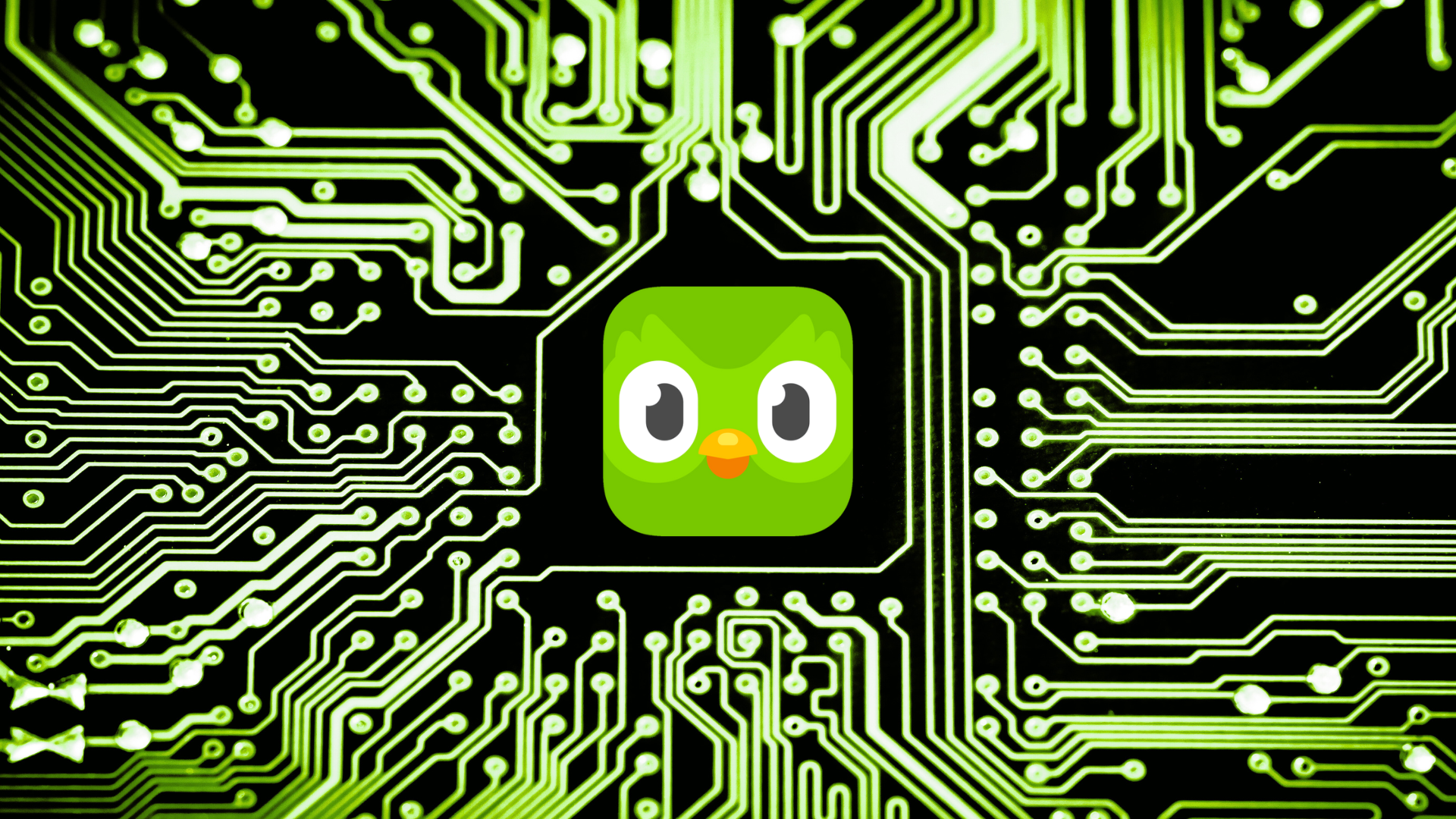Duolingo Faces Backlash as they Claim to be an AI First Company

Duolingo. The name conjures images of a quirky green owl, playful social media interactions, and the satisfying ding! of a completed lesson. They've built a massive following, not just for their accessible language learning app, but for their undeniably fun, interactive, and often hilariously trendy online presence.
But things have taken a sharp turn. Earlier this year, Duolingo's CEO announced a significant shift in the company's core identity: they are now an AI-first company.
For those unfamiliar, being "AI-first" means that an organization prioritizes artificial intelligence as the central driving force behind its business decisions, operations, and the very development of its products and services. AI isn't just a tool; it's the foundation upon which the company is built and innovates.
On the surface, the benefits seem clear for the company. It promises increased efficiency and potentially a smoother, more streamlined user experience.
However, this strategic pivot hasn't been met with open arms by Duolingo's loyal fanbase. In fact, it's stirred up a considerable amount of anger and disappointment.
The core of the issue lies in the perception of authenticity. For a brand that cultivated such a vibrant and human-feeling online persona, the move towards AI-first feels like a cold, calculated decision. It signals to users that the company might prioritize algorithms over people, potentially sacrificing the very elements that made Duolingo so engaging and relatable.
The reaction from longtime users has been swift and decisive. Reports are flooding in of individuals ending their hard-earned Duolingo streaks and deleting the app altogether. Others have left snarky remarks on Duolingo’s TikTok page
comments. The emotional connection built over months and years of learning alongside the quirky owl now feels… less genuine.
Gonna delete Duolingo because of its use of AI but first it's time to Flex for a second before doing so <3 pic.twitter.com/q0SiVxPKZA
— ☆ Lynn!! :3 ๋࣭ (@yaparus) May 4, 2025
duolingo ceo said they going “full ai and ai first” so that owl is dead to me
— amanda (@amandabb__) April 30, 2025
One thing is certain: Duolingo's next steps will be fascinating to watch. Can they successfully transition to an AI-first company without alienating the very community that propelled them to success? Will they be able to recapture the magic of their previous online presence, or will a new, more AI-centric persona emerges?
What can marketers and businesses take away from this?
The backlash shows that consumers care deeply about the perceived authenticity of a brand. Duo was never just a language app, it was seen as a fun personality that people enjoyed following on social media. When a brand suddenly pivots its identity to go from human-centric to AI, it can almost feel like a betrayal to followers and consumers.
With AI slowly taking over many industries, people are also not happy about how jobs are being replaced and don't agree with companies that are moving toward AI. Brands need to show how AI enhances the human experience, not replaces it.
Any rebrand for any company or business must be carefully communicated otherwise marketers risk damaging trust and emotional connection with their audience.


